40+ Sample Treatment Plan Templates
-
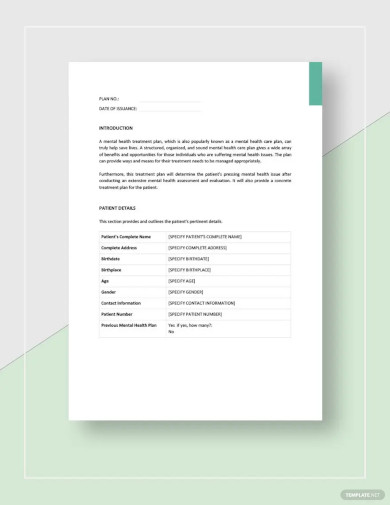
Mental Health Treatment Plan Template
download now -
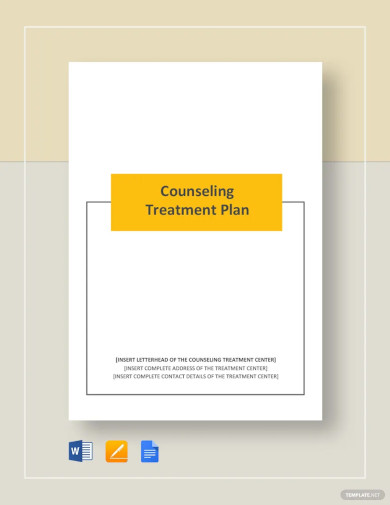
Counseling Treatment Plan Template
download now -
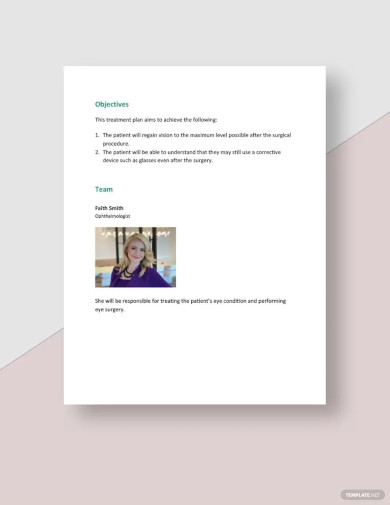
Treatment Plan Template
download now -
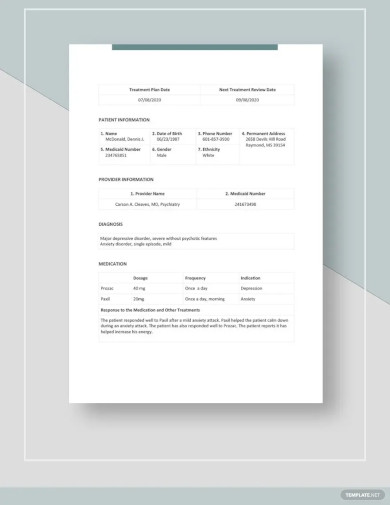
Individual Treatment Plan Template
download now -
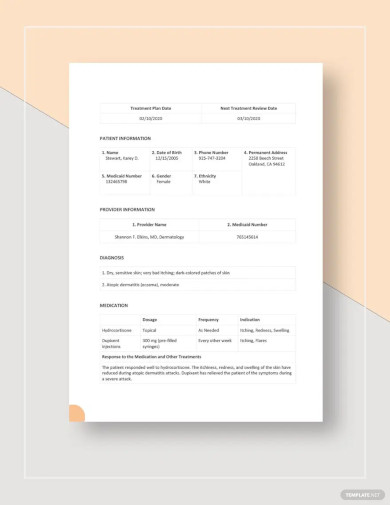
Skin Care Treatment Plan Template
download now -
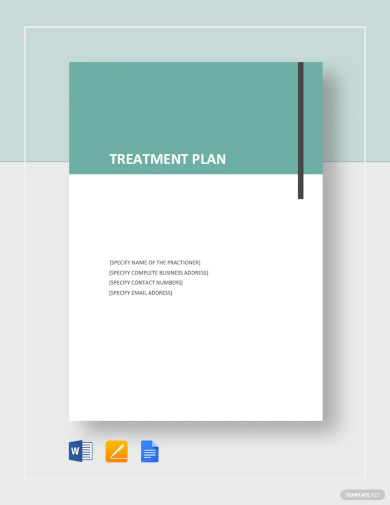
Free Simple Treatment Plan Template
download now -
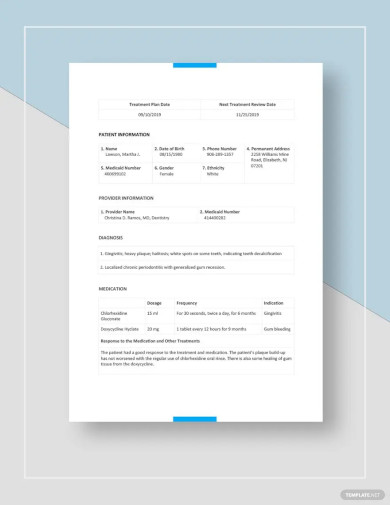
Dental Treatment Plan Template
download now -
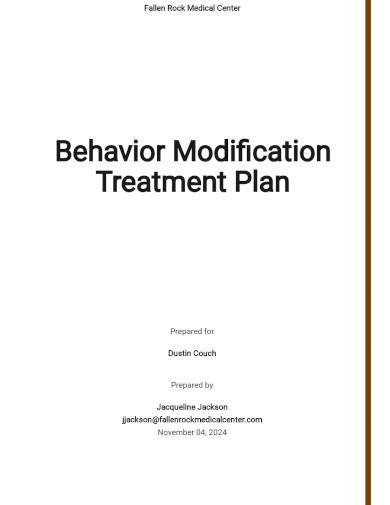
Behavior Modification Treatment Plan Template
download now -
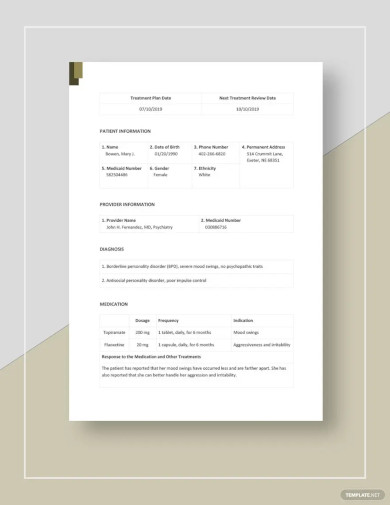
Editable Treatment Plan Template
download now -
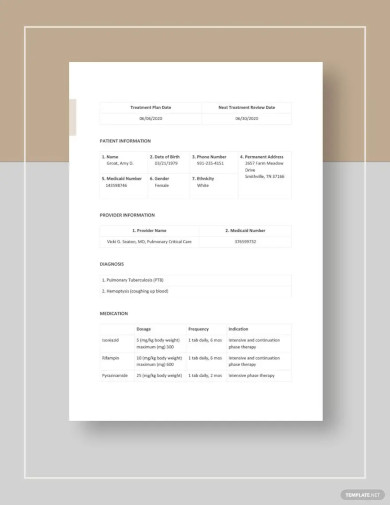
Generic Treatment Plan Template
download now -
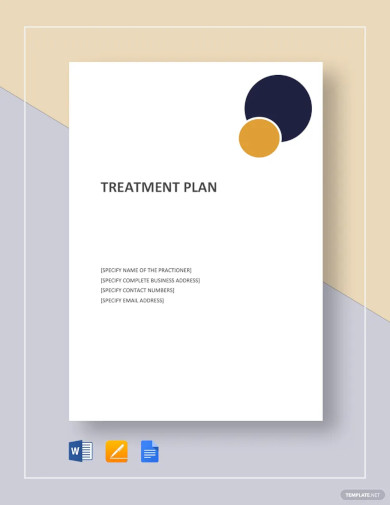
Free Sample Treatment Plan Template
download now -

Simple Mental Health Treatment Plan Template
download now -
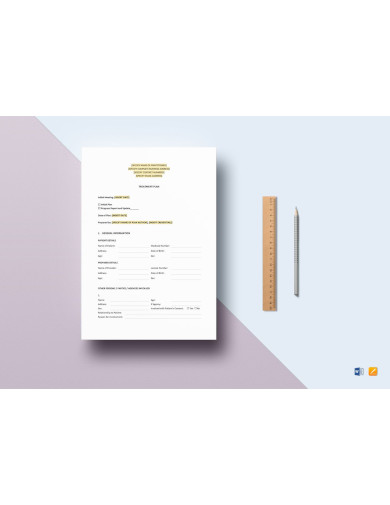
Free Treatment Plan Template
download now -
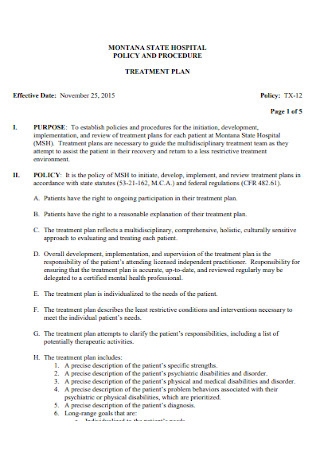
Hospital Treatment Plan
download now -
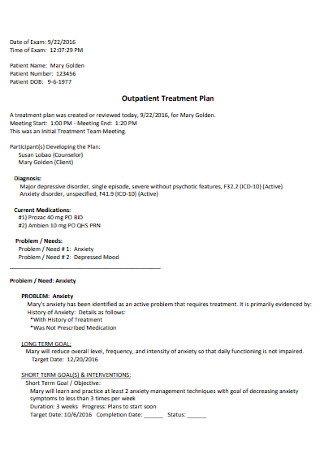
Mental Health Treatment Plan
download now -
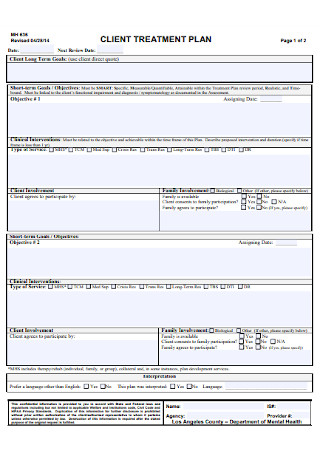
Counseling Treatment Plan
download now -
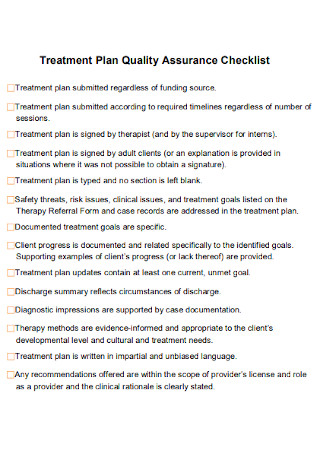
Social Work Treatment Plan Checklist
download now -
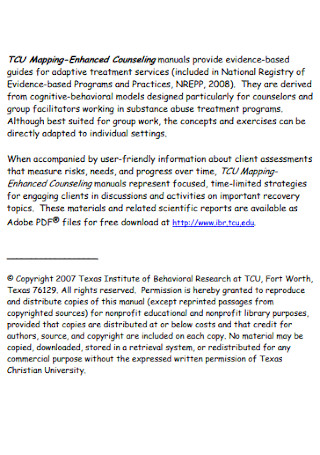
Basic Anxiety Treatment Plan
download now -
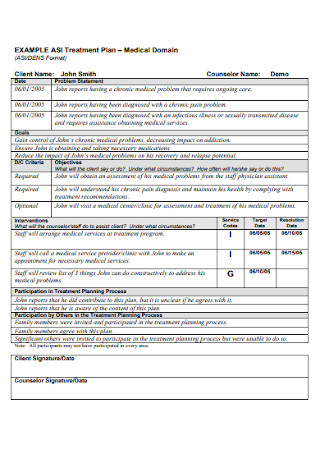
Medical Depression Treatment Plan
download now -
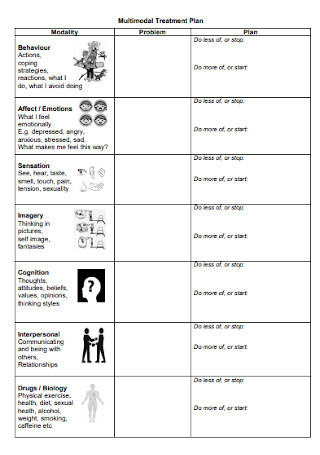
Multimodal Massage Treatment Plan
download now -

Catchment Area Treatment Plan
download now -
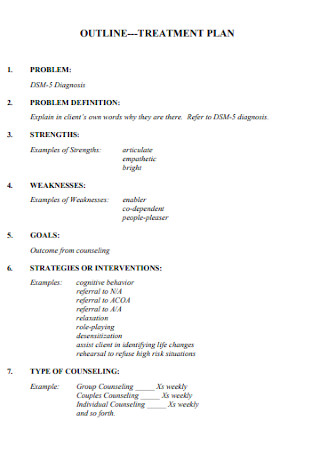
Treatment Plan Outline
download now -
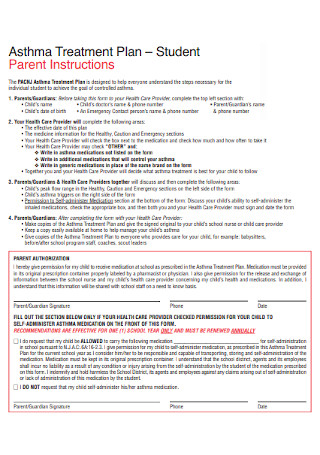
Asthma Treatment Plan
download now -
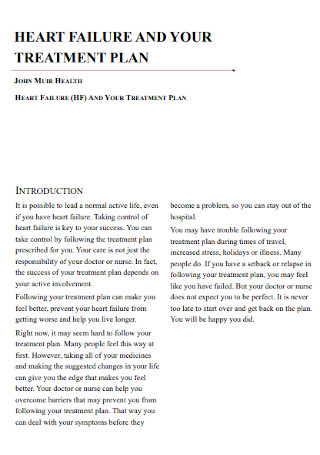
Heart Failure Treatment Plan
download now -
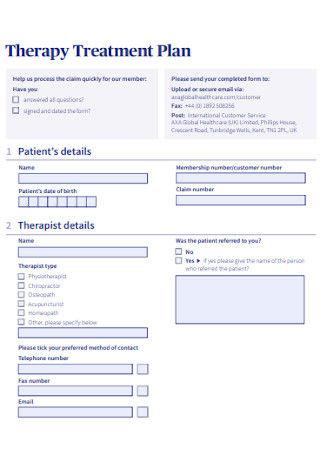
Therapy Case Management Treatment Plan
download now -
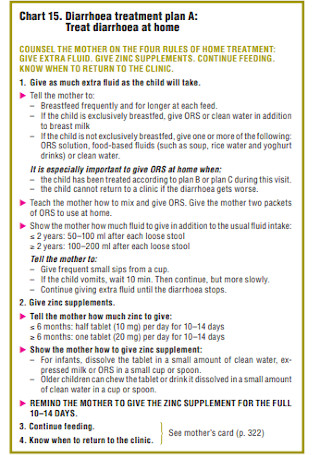
Major Depressive Disorder Treatment Plan
download now -
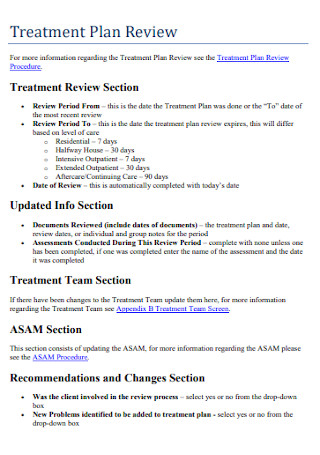
Family Therapy Treatment Plan Review
download now -
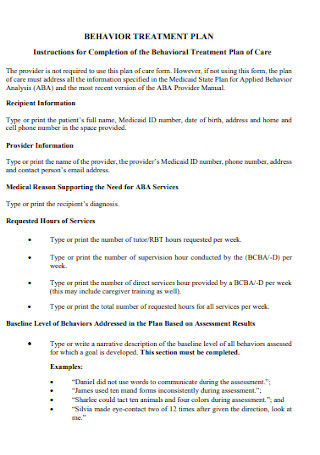
Psychologist Behavior Treatment Plan
download now -
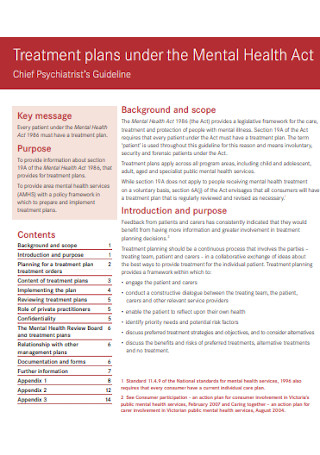
Beauty Health Treatment Plan
download now -
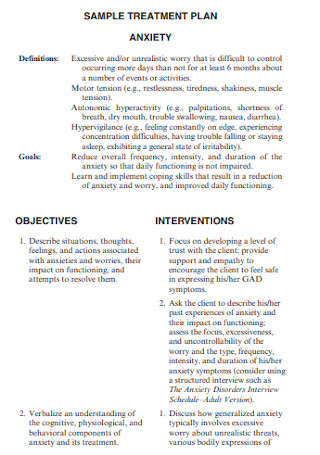
Simple Speech Therapy Treatment Plan
download now -

Diabetes Treatment Plan Request Form
download now -
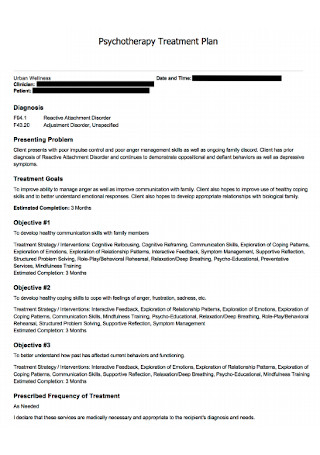
Occupational Therapy Psychotherapy Treatment Plan
download now -

Chiropractic Treatment Plan
download now -
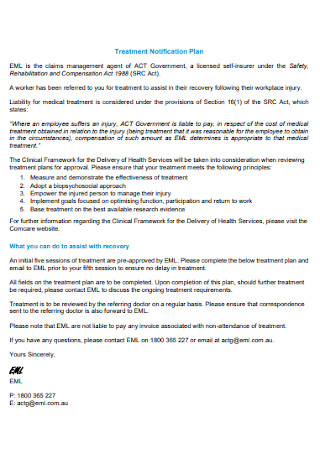
Dehydration Treatment Notification Plan
download now -
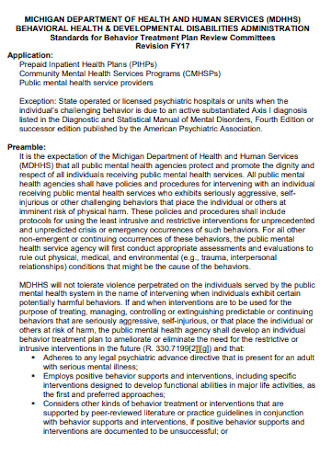
Solution Focused Therapy Behavior Treatment Plan
download now -
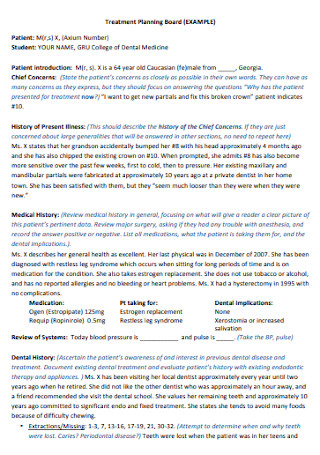
Periodontal Treatment Board Planning
download now -
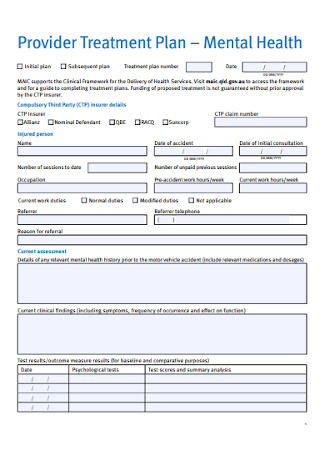
Health Provider Treatment Plan
download now -
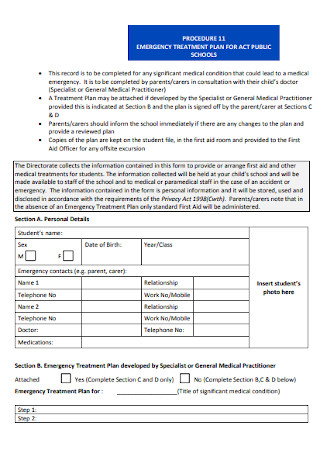
Emergency Treatment Plan
download now -
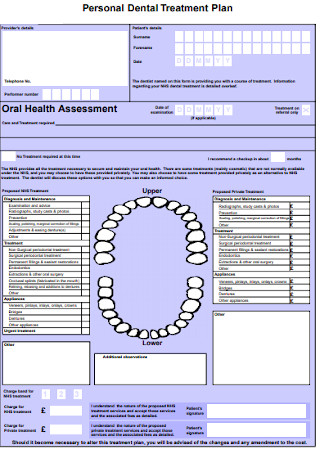
Personal Dental Treatment Plan
download now -
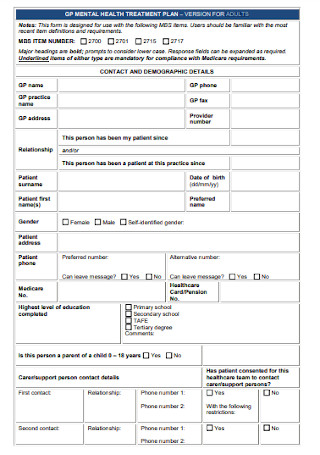
Adults Health Treatment Plan
download now -
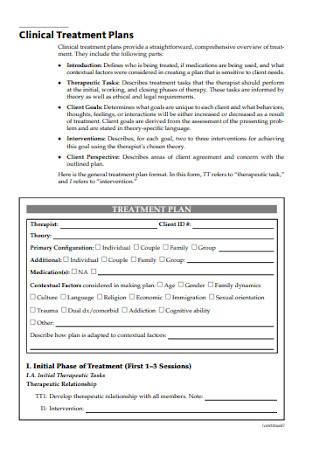
Clinical Treatment Plans
download now -
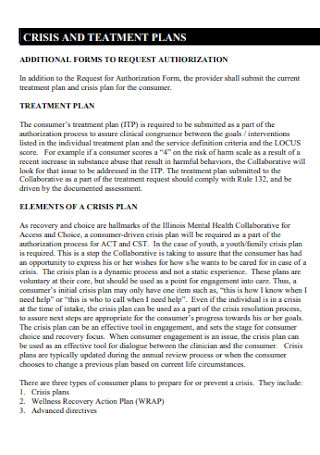
Crisis and Treatment Plan
download now -
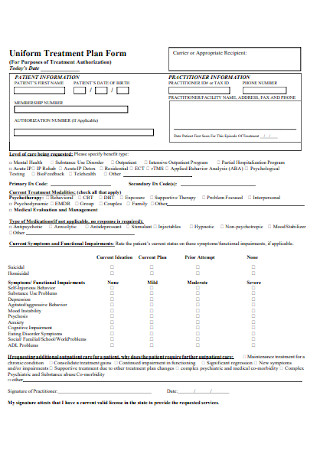
Uniform Treatment Plan Form
download now -
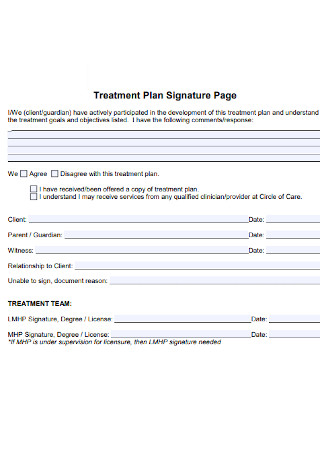
Treatment Plan Signature Page
download now -
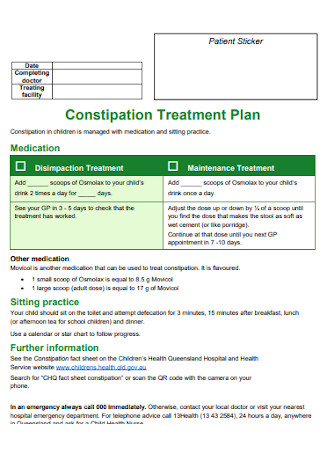
Constipation Treatment Plan
download now -
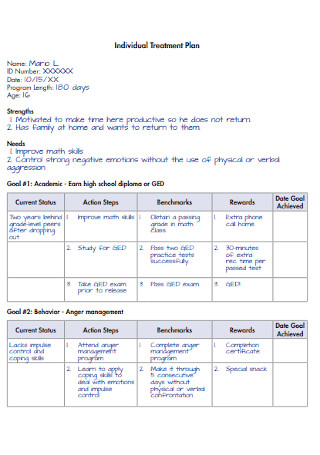
Individual Treatment Plan
download now -
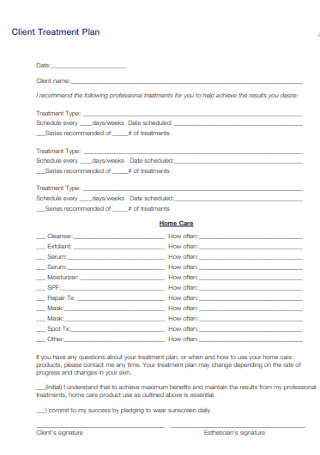
Client Treatment Plan
download now -
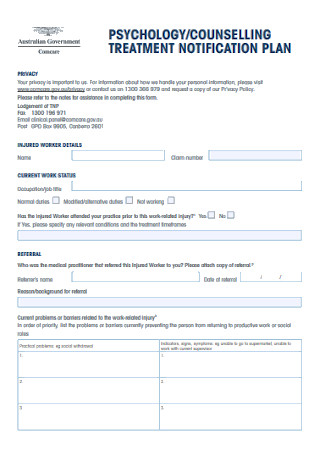
Counselling Treatment Notification Plan
download now -
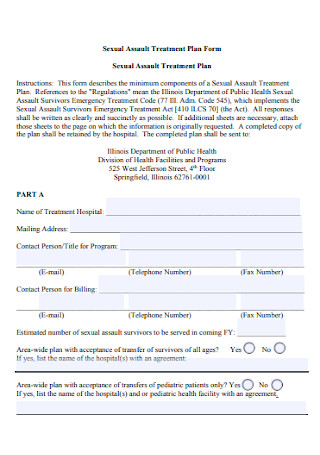
Sample Assault Treatment Plan
download now -
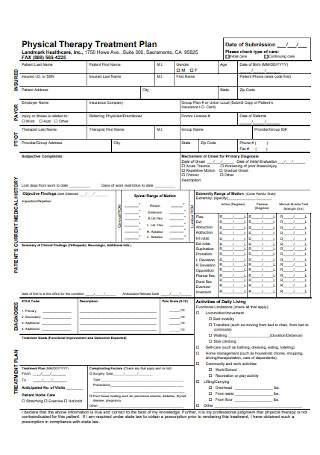
Physical Therapy Treatment Plan
download now -
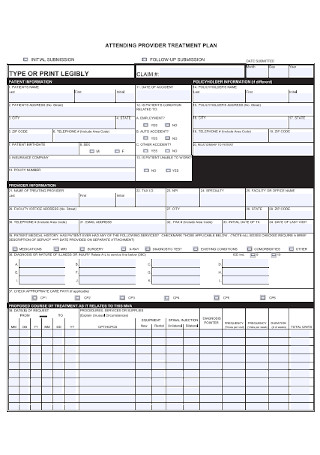
Attending Provider Treatment Plan
download now -
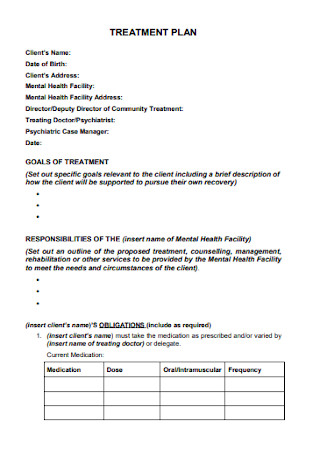
Formal Treatment Plan
download now -
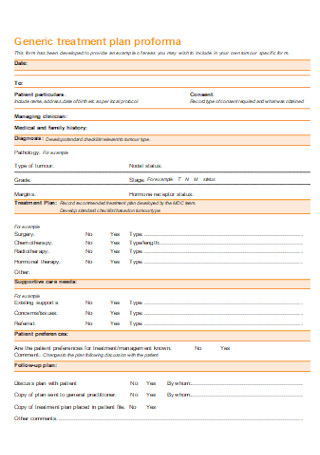
Generic Treatment Plan
download now -
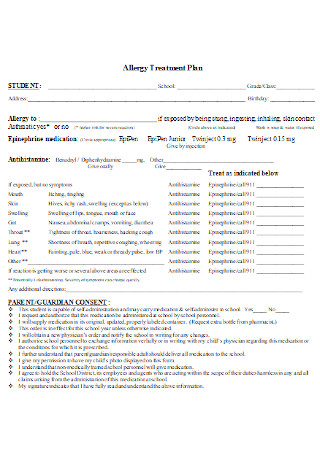
Allergy Treatment Plan
download now
What Is a Treatment Plan?
A treatment plan refers to a detailed document that designs and tracks a patient’s medical or therapeutic treatment. More so, it highlights significant info of a patient from the areas of concern, treatment goals, and assessment reports. And expect every psychiatrist, psychologist, therapist, counselor, social worker, or any related professional to depend on such plans. Without a detailed plan, it would be hard to be sure that patients will be treated for whatever they have been suffering from.
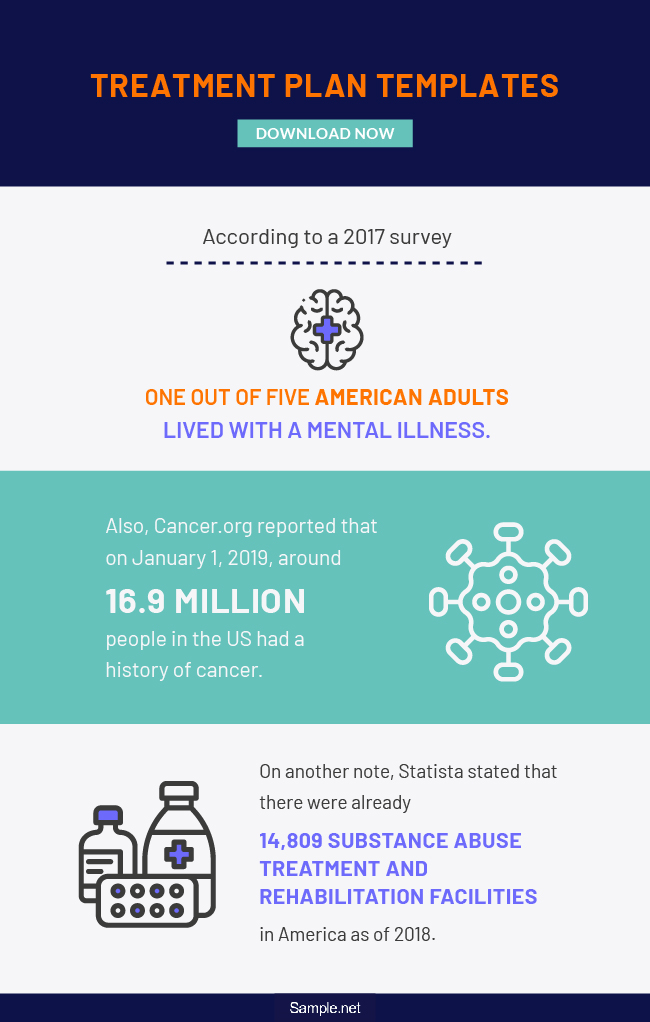
According to a 2017 survey, one out of five American adults lived with a mental illness.
Also, Cancer.org reported that on January 1, 2019, around 16.9 million people in the US had a history of cancer.
On another note, Statista stated that there were already 14,809 substance abuse treatment and rehabilitation facilities in America as of 2018.
Why Are Treatment Plans Important?
Depression, anxiety, substance abuse, cancer, and other physical or mental health problem are some examples that should be addressed. Indeed, some people can live in peace by coping with their struggles, but some need urgent or serious help. Thus, professionals who can provide patients with excellent treatment plans can lessen these struggling individuals’ hardships. More so, a treatment plan is individualized. Avoid thinking that every client or patient receives the same treatment because their struggles, concerns, and essential factors would vary. Hence, treatment plans are individually tailored, so patients receive the appropriate help.
Furthermore, you cannot deny that it is hard to tell if someone is fully healed or still struggling with just a look. Observations must follow. Maybe you already gave a solution-based therapy to one client, yet he or she did not improve after the service. So, a treatment plan does not simply involve planning for a solution-focused therapy but also for evaluating one’s effects and improvements. Counseling is even part of treatment because there is no single pill that can cure everyone’s diseases and inner struggles automatically.
The Helpful Elements of a Standard Treatment Plan
It is no surprise that the intentions of a treatment plan are good. But poorly crafted plans will not guarantee an effective treatment. Maybe you lack some of the important factors that make up a proper treatment plan, and that is discouraged. So in this segment, we will introduce you to the important elements found inside a standard treatment plan.
Tips to Conduct an Effective Treatment Plan
According to Statista’s 2018 research survey, the US already had over 14,809 substance abuse rehabilitation and treatment facilities. Those thousands of treatment centers are just a few examples as more facilities are covering not only substance abuse but also other aspects. And in every treatment facility, can you imagine how many treatment plans are at play? A lot. Some plans may work while others do not. Hence, your goal should involve formulating an effective treatment plan. And you can do that by following these simple tips:
1. Study the Patient
Before you give a patient his or her treatment plan, there should be a formal evaluation first. A counselor, therapist, or reliable expert shall assess the patient to uncover important details like the medical history, current struggle or problem, and more. For example, the test will help identify if the patient has cancer or not. As reported, there were already 16.9 million Americans with a history of cancer on January 1, 2019. Although the odds are high, a checkup should be done through an assessment to confirm. The results gathered in studying the patient will later be used in formulating the plan. And most importantly, assure the patient that the insights and tests gathered are done confidentially, especially when confidential matters could be asked and uncovered.
2. Set SMART Goals
Do you know about SMART goals? It is an acronym for specific, measurable, attainable, relevant, and time-bound goals. And that is the kind of treatment plan you should create. First, ensure that the objectives are stated clearly and specifically. Next, measure the possibilities of how long the process can take and check the patient’s progress regularly. Also, encourage each patient to meet with their attainable goals. Otherwise, unrealistic goals only discourage them in the end. The objectives listed must be relevant too. Remember that such plans are individualized so only what is relevant for the patient should be plotted. And lastly, set a deadline for whether the goal is short-term or long-term. Why so? Urgency motivates clients to work quickly.
3. Pick a Treatment Plan Template
You cannot forget about selecting a treatment plan template from our collection. Remember that these templates are going to help the treatment process take briefly. As templates are pre-made, you can fill in the details to slowly create the treatment plan. And be sure to finalize the plan’s design, content, style, and format because you can change its features. Polish the document until treatment plans are reading for launching soon.
4. Monitor the Progress
As the treatment plan is done, be sure to commit to the said plan. That is also a challenge because many people have made impressive plans, but they fail to execute them. Hence, put effort into sticking to the plan. One important factor to consider is to ensure you monitor the patient’s progress. Is the person doing well or needs more help? A struggling client needs adjustments until the best solution will follow. Keep on tracking their progress until you can be sure that the outcome is worth it.
5. Conduct Follow-Up Assessments
As a continuation of the previous tip, follow up with assessments too. Indeed, it is great to see the progress if things are doing well or not. But an assessment requires deeper understanding since you will observe, analyze, and think of better recommendations for the patient. An example is when the treatment is finally done. After a few weeks or months, check how the client is still doing. If all is well, then the treatment plan’s effectiveness shows.
FAQs
Who benefits from treatment planning?
People with depression, anxiety, PTSD, OCD, and other common conditions will benefit from treatment strategic planning. The same goes for anyone with sleep issues, substance abuse, and other disorders. Thus, anyone can benefit here if they need to reach specific health goals.
Are the treatment plans confidential?
According to the Health Insurance Portability and Accountability Act (HIPAA), there is a rule that allows people in treatment to have privacy rights in terms of health information, particularly mental health. If someone wishes to share details, prepare a form that authorizes the information’s release. And it should be signed by the patient or the parent of minor patients.
What is the CBT treatment plan?
CBT treatment plan is a shortcut to the cognitive behavioral therapy treatment plan. And it works like psychotherapy where a patient works with a counselor or expert and attend through individual sessions. Similar to treatment plans, CBT also aims in achieving health goals.
As a review, a treatment plan guides patients towards reaching their goals. And on the counselors’ or providers’ side, the plan helps them monitor the client’s progress and create treatment changes if needed. Therefore, the treatment plan is the official business roadmap that paves the way for anyone to be healthier. And you can help many people reach in healthier conditions by working on treatment plan templates as a start.
